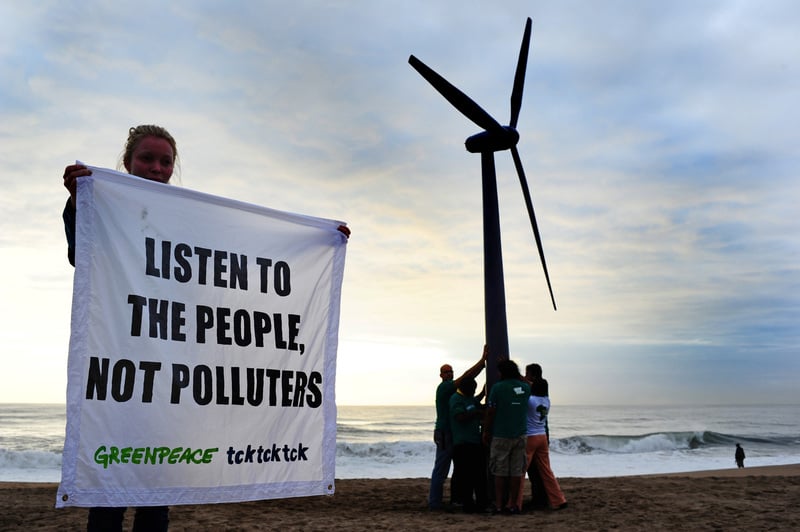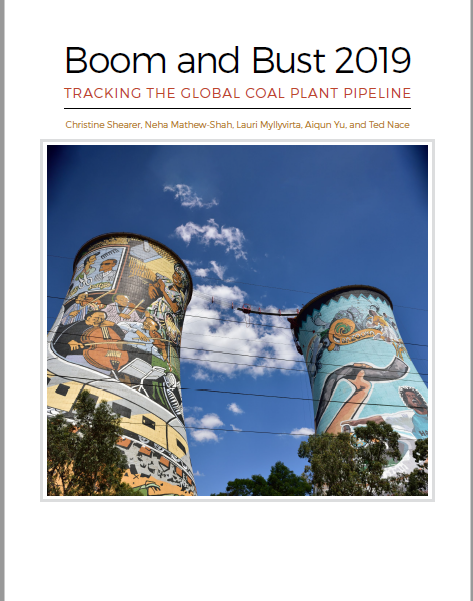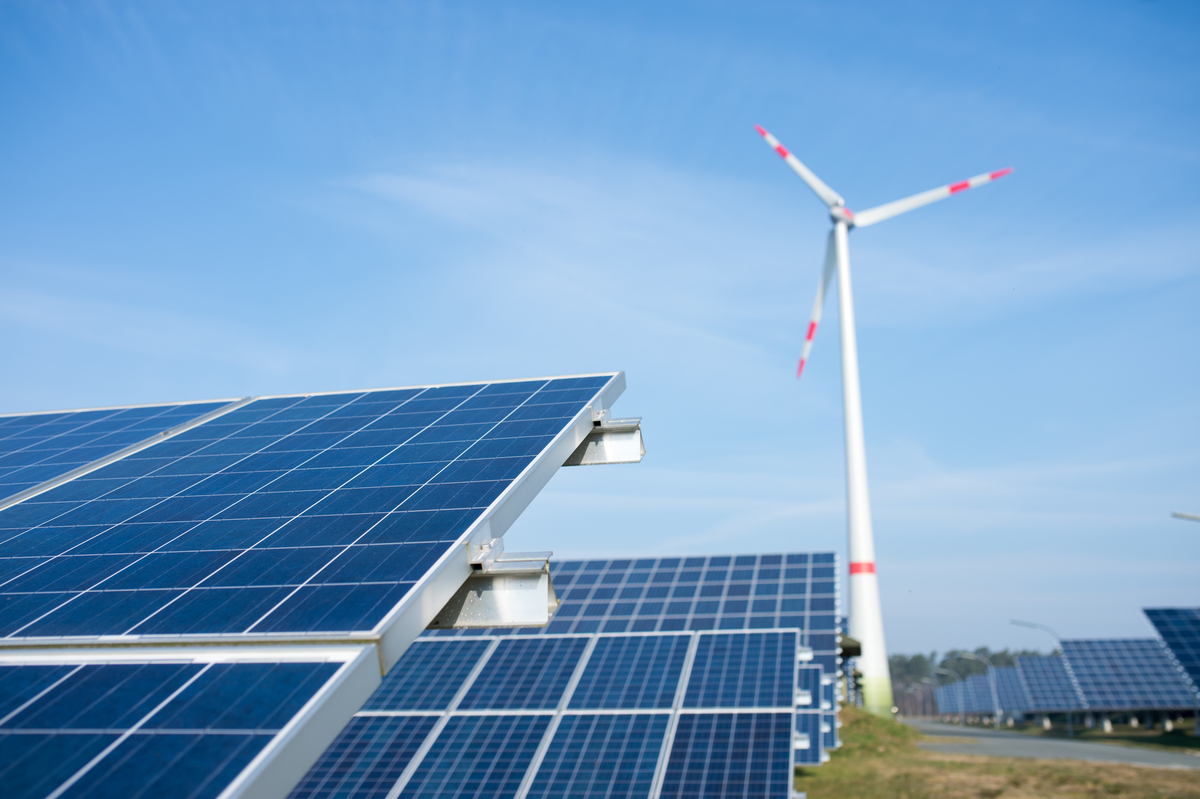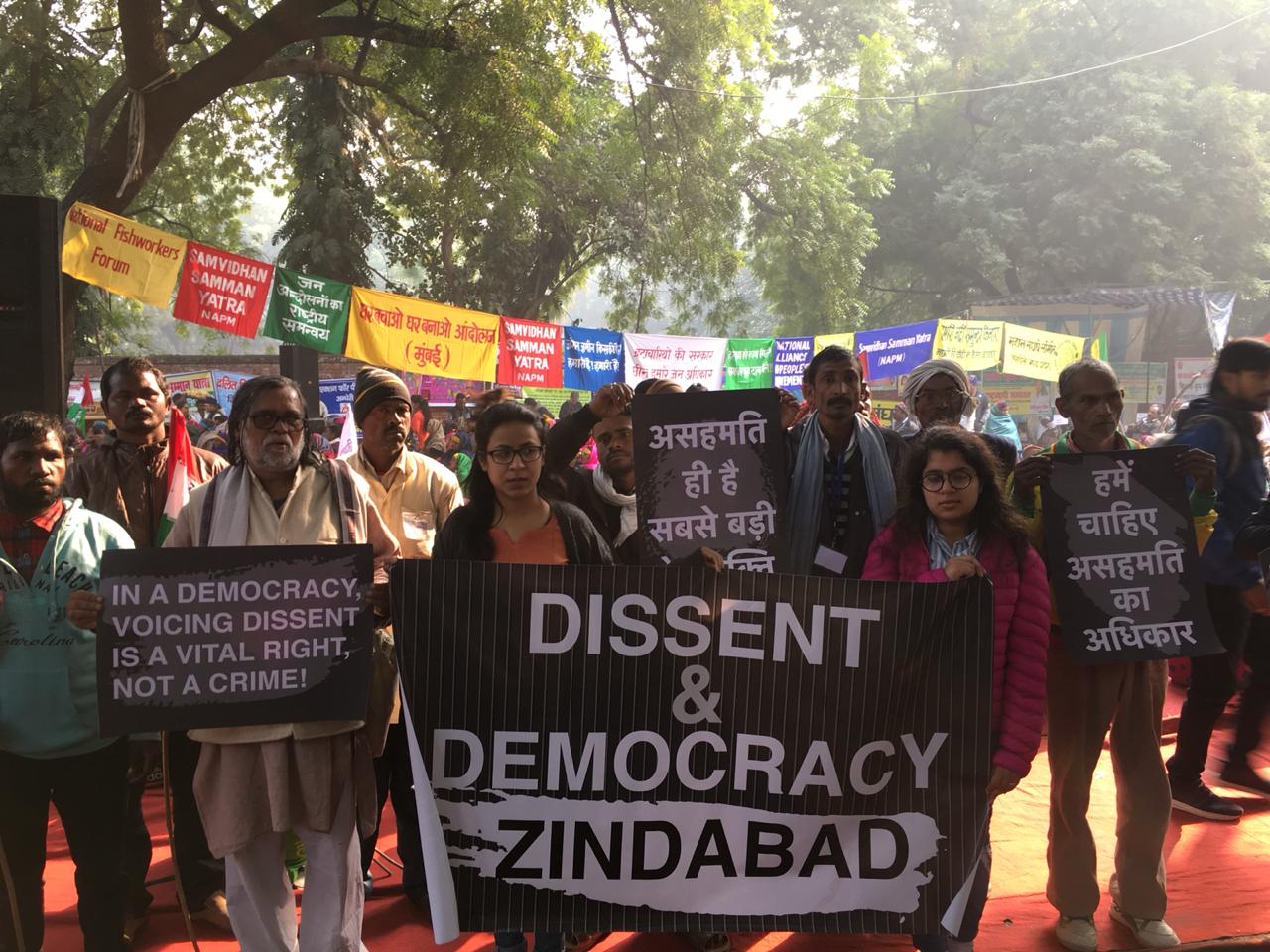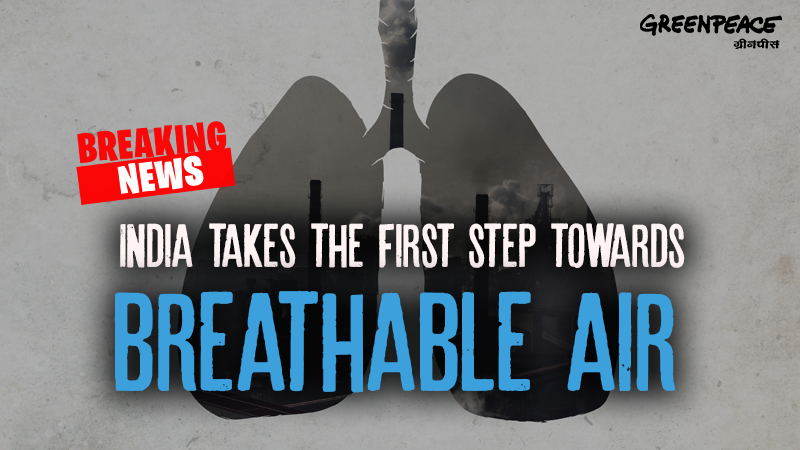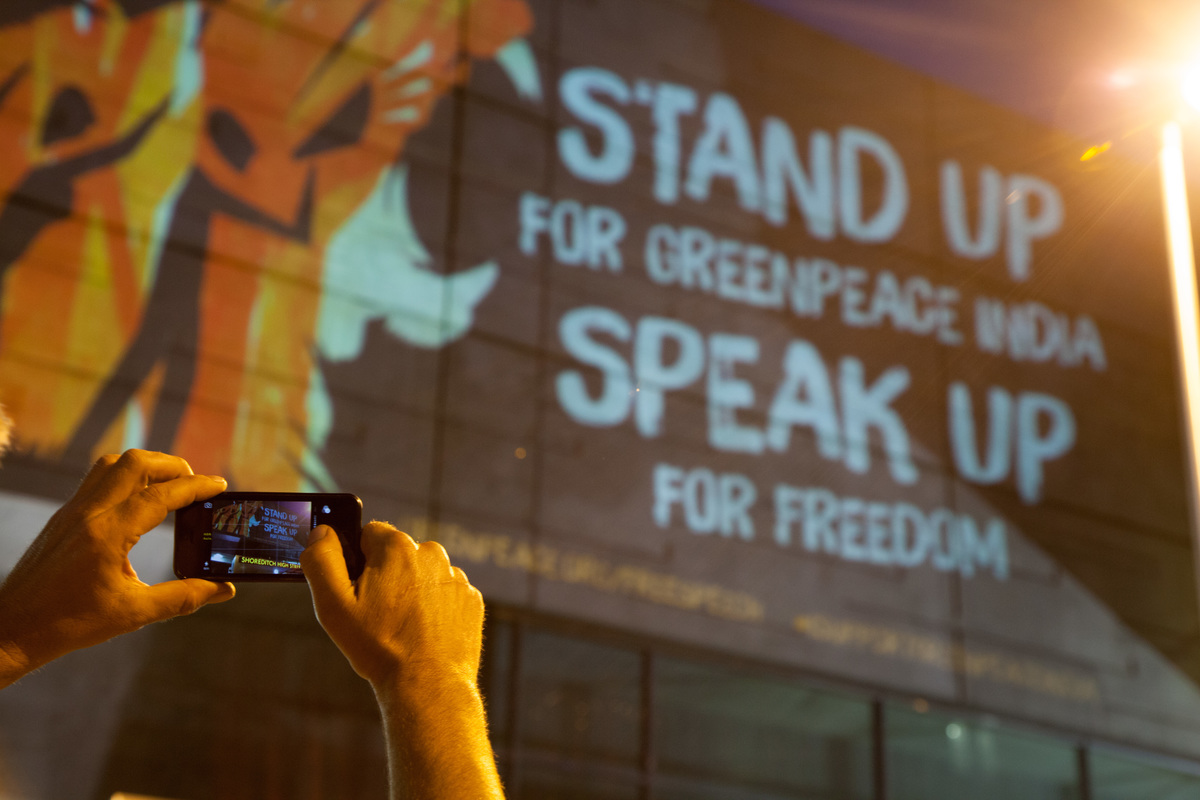All articles
-
India’s climate ambition and new investment in fossil fuel can’t go hand in hand: Greenpeace India
New Delhi, 2nd November: Prime Minister Narendra Modi’s announcement to increase renewable energy targets, reducing carbon intensity and net-zero emission by 2070 are in general the right direction of travel.…
-
New Data Reveals: Twice as many cities violating air quality norms as recognised in National Clean Air Programme
Airpocalypse-III-ReportA new report by Greenpeace India has identified 139 cities where air pollution levels exceed national standards but were not included in the National Clean Air Programme (NCAP) that was…
-
Boom and Bust 2019 – Tracking The Global Coal Plant Pipeline
For the third year in a row, most leading indicators of coal power capacity growth declined in 2018, including construction starts, pre-construction activity, and plant completions, according to the Global…
-
Karnataka High Court quashes Enforcement directorate’s order of freezing Greenpeace India’s bank accounts
The Karnataka High Court has quashed the freezing of accounts of Greenpeace India by the Enforcement Directorate, holding the order of freezing to be null and void.
-
Greenpeace welcomes government funding for KUSUM rural solar & solar rooftop schemes; says proper implementation can be a game-changer for troubled power sector
Greenpeace welcomes government funding for KUSUM rural solar & solar rooftop schemes; says proper implementation can be a game-changer for troubled power sector.
-
‘You Cannot Sink a Rainbow’: high spirited Greenpeace India staff members echo after being forced to downsize
Greenpeace India has been forced to close regional offices in New Delhi and Patna, and shrink in size considerably because of Enforcement Directorate’s unlawful crackdown, but will continue to fight…
-
“NCAP a Step Forward With Less Ambition” Greenpeace India
New Delhi | 10th January 2019 | The Ministry of Environment Forest and Climate Change announced the much anticipated National Clean Air Programme to fight air pollution on Thursday. In…
-
Shut-up or Shut-down: The new ‘Law of the Land’
If, to be put on trial for speaking out for equality and justice is a crime, the society needs some serious introspection. The way the voice of Greenpeace India has…
-
Government crackdown forces Greenpeace India to cut back work on climate change
Greenpeace India will soon have to reduce to a core strength of twenty to twenty five people across the country, as a direct result of the Enforcement Directorate’s arbitrary freezing of Greenpeace India’s accounts.
-
Institutional investors lose billions as Indian coal equities underperform market
Mumbai, December 20, 2018: New analysis (1) shows that major Indian and international equity investors have seen their holdings in key Indian coal mining and coal-based power companies underperform the…

